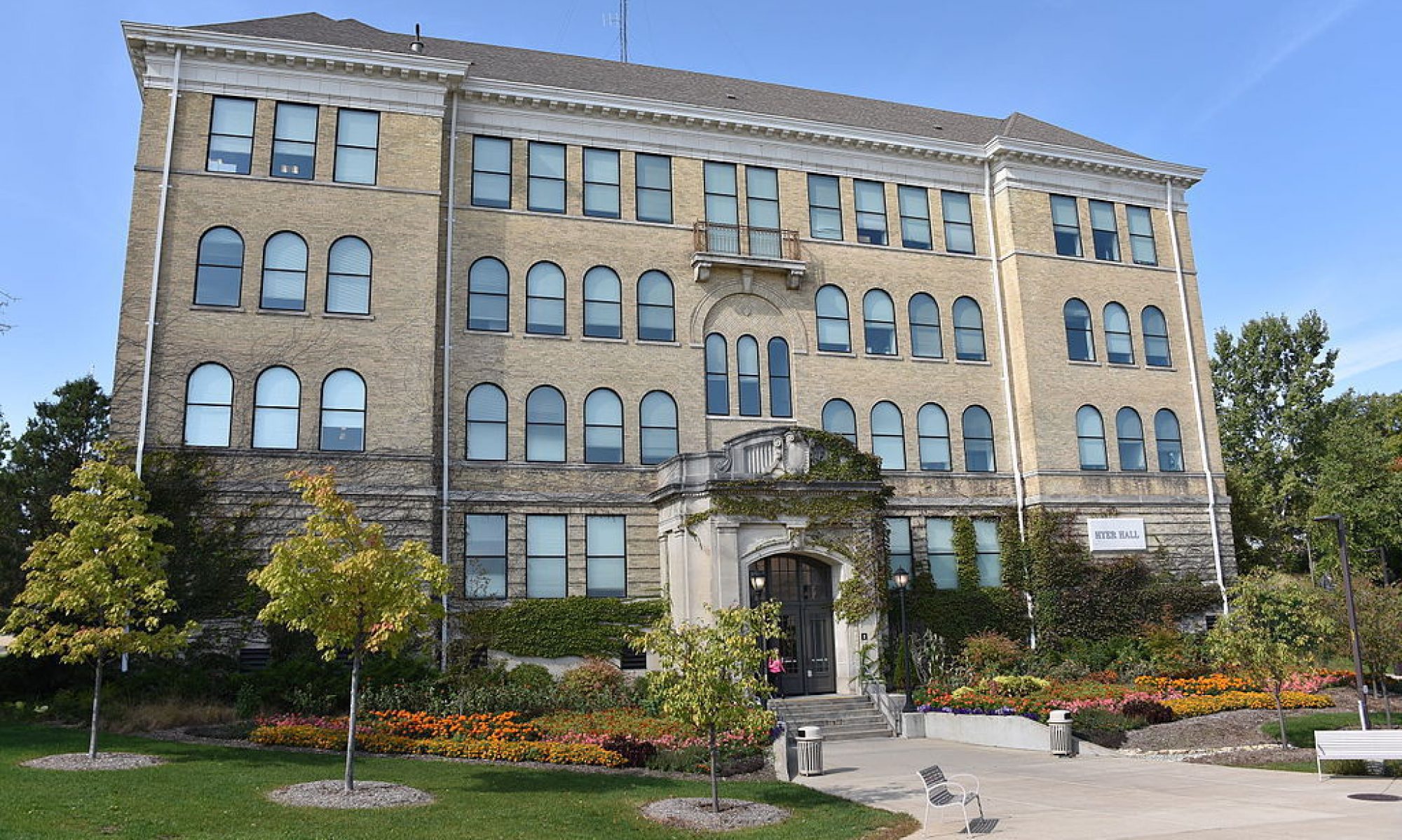
Is an emergency fund really necessary for college students? Of course it is! Everyone, even college students, need an emergency fund as unexpected expenses can happen at any time.
- Good Habits. Making wise money management decisions at an early age provides a path to good financial decision-making in the future. In addition, the habit of placing funds consistently into an emergency fund will spill into other parts of your financial life. Individuals are more likely to achieve their future savings and investment goals if they start as young adults.
- Less Headaches. Prepared or not, unexpected expenses will occur at some point in your life. Your car breaks down, an unexpected illness occurs, or the water pipe in your apartment bursts. Being prepared for emergencies can save you a headache when life throws a curveball.
- Investment in Yourself. When you place money aside for an emergency fund, you are investing in yourself. As your account grows, feelings of accomplishment and success will show as a result of your efforts.
Unexpected expenses occur, it is just a matter of time. Being prepared with an emergency fund is a way to combat these situations. For more information on emergency funds, schedule a coaching session or visit the Financial Literacy Center today!



